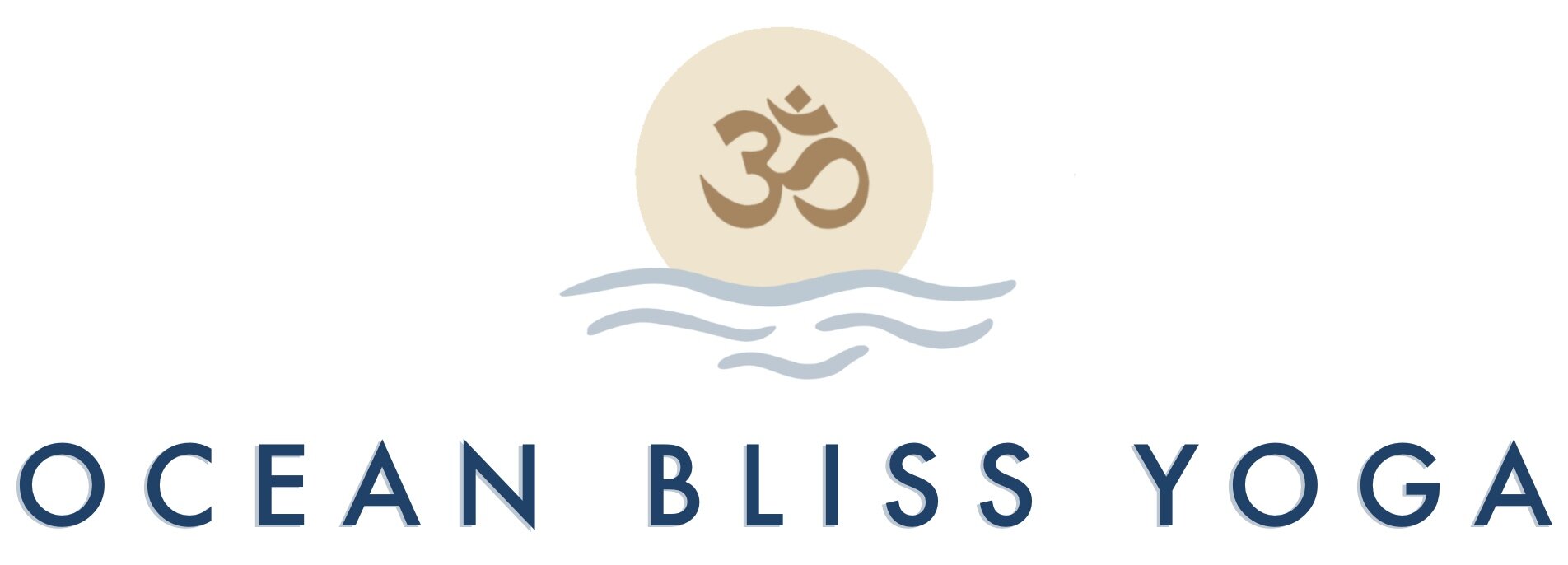A Blissful Life 3/19/24: Forgiveness
If you’ve been reading my column for a while, you probably notice that I often start by inviting you to take a few conscious breaths. People come to me for private sessions all the time. Interestingly enough, no matter if they’re coming for yoga, Pilates, health coaching, meditation coaching, or sound healing, 9.5 times out of 10 we discover that they are breathing incorrectly, or not breathing at all. The breath sustains life in the body, and, if we know how to use it properly, it actually enhances our lifeforce. Without full, deep breaths, our energy becomes tired and dull. So, let’s do it now– sit up tall, close your eyes, and take a few slow, belly breaths.
Today’s column is about forgiveness. Let’s begin by thinking about a time when you were hurt by someone you cared about. How did you feel in your body when this happened? When we are hurt or angered by someone we love, our sympathetic nervous system perceives it as a threat and automatically fires up as a protection mechanism. Stress chemicals flood the body to prepare us for fight or flight. Even if we distance ourselves from the person who hurt us, without forgiveness, memory of the situation will trigger emotional responses in the body, which, in turn, activate the sympathetic nervous system, hurling us into a state of heightened stress. Stress has an incredibly negative impact on health and overall wellbeing– in fact, the WHO states that 90% of all doctor visits root from stress-related problems.
In order to clear the dense emotions from our body for good, we have to go through the process of forgiving. Forgiveness is not condoning or accepting the other person’s behaviors, but rather, letting go of the hold that person has on us, which in turn brings us greater freedom and peace of mind and heart.
As we work on forgiveness, it is important that we do not mistake stuffing down our hurt or anger for forgiving. If we do not fully process the emotions, we can potentially push them out of our mind, but they end up getting packed down into our bodies, creating constriction and tension that becomes habitual– for example, holding the breath, clamping down on the jaw, or clenching the hips. This act of self-harm goes against yoga’s first ethical principle of ‘ahimsa’, or ‘non-violence’.
When we are deeply hurt, it is important that we hold space for ourselves and take the support we need to process the pain and move forward from it. When I find myself in this situation, my priority becomes regulating my nervous system. I slow down and breathe deeply. I get outside, barefoot if possible. I go for slow walks, sometimes with trusted loved ones. I prioritize rest. I turn to my asana practice– slow yoga flows paired with the breath, restorative yoga, Yin. I take salt baths, get massages, or go for facials. I journal, or speak with impartial, non-judgemental, trusted individuals. I focus on embodiment and presence, and don’t put pressure on myself to make decisions or take action in areas I’m unsure of. I give myself time and space to grieve and heal.
Yoga is a wonderful tool to help process big emotions. I invite you to join us at Ocean Bliss Yoga for daily classes, along with a multitude of workshops that vary each month. Discover our schedule and sign up at oceanblissyoga.net. Call me with any questions or for private sessions at 917-318-1168.
